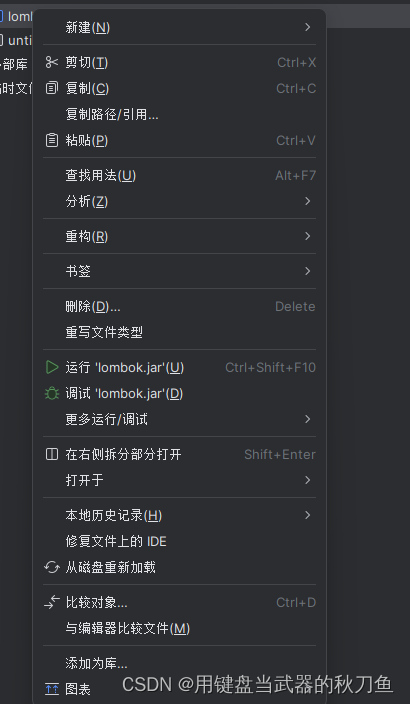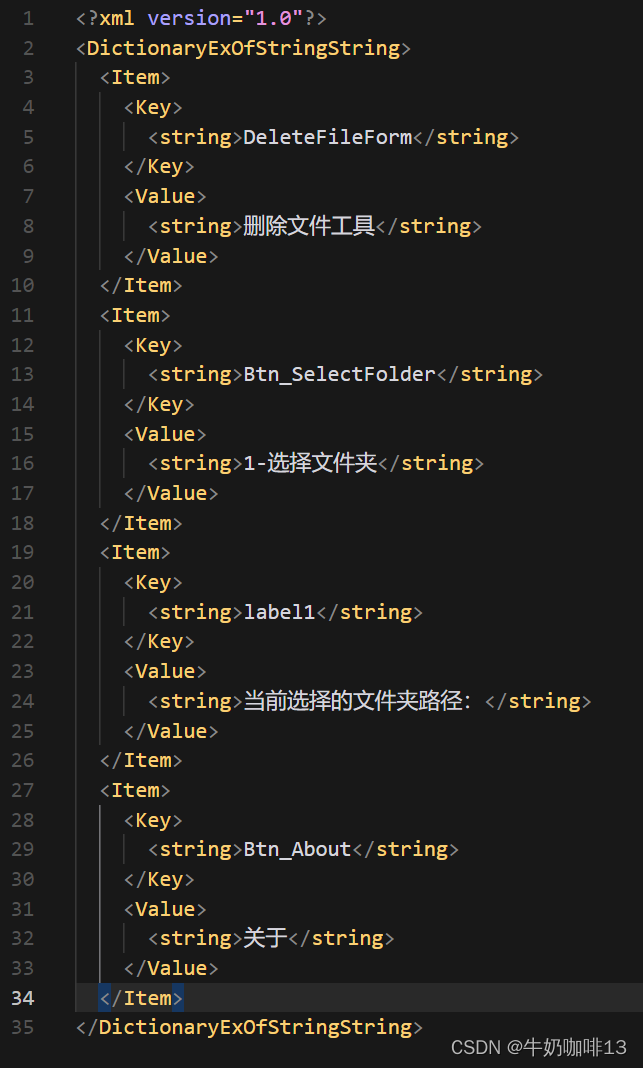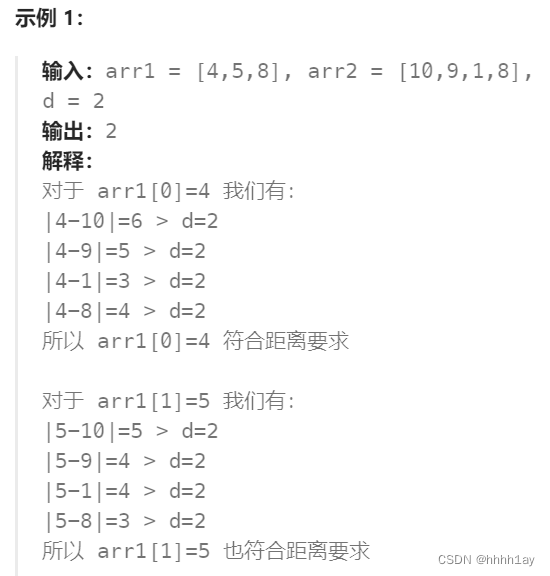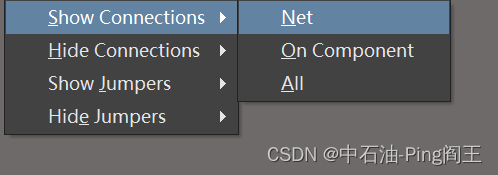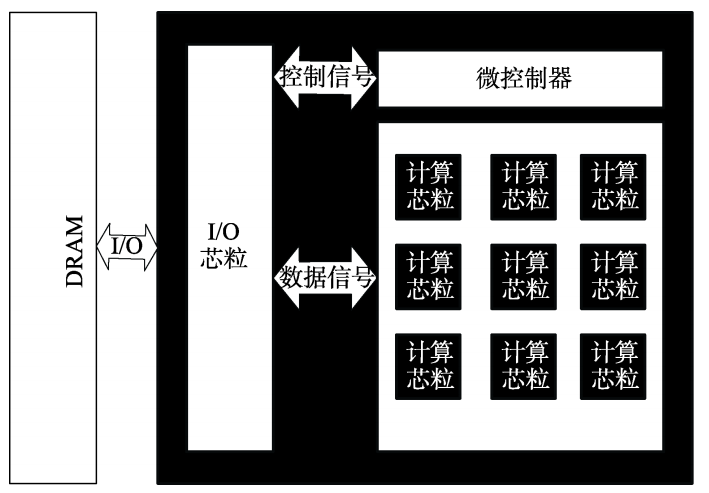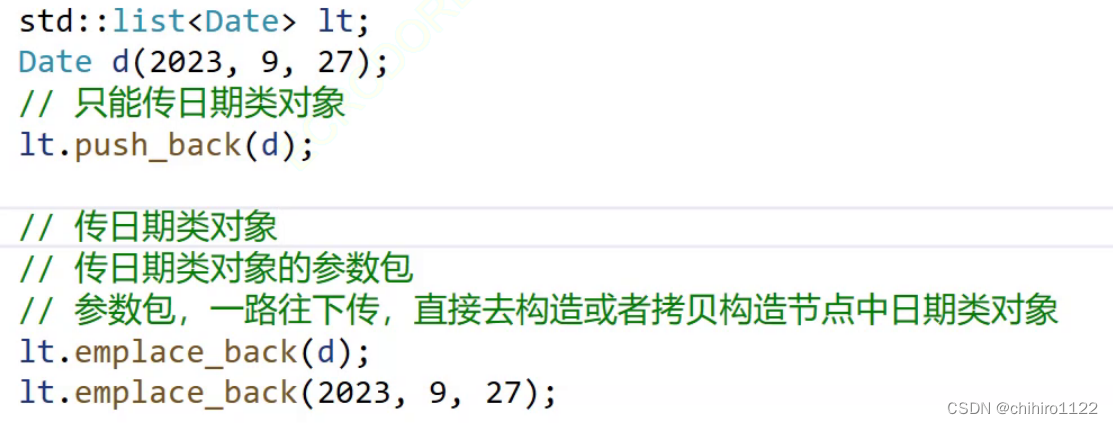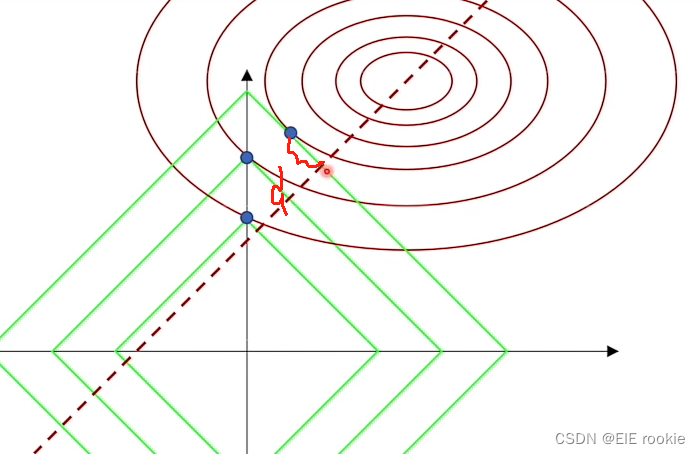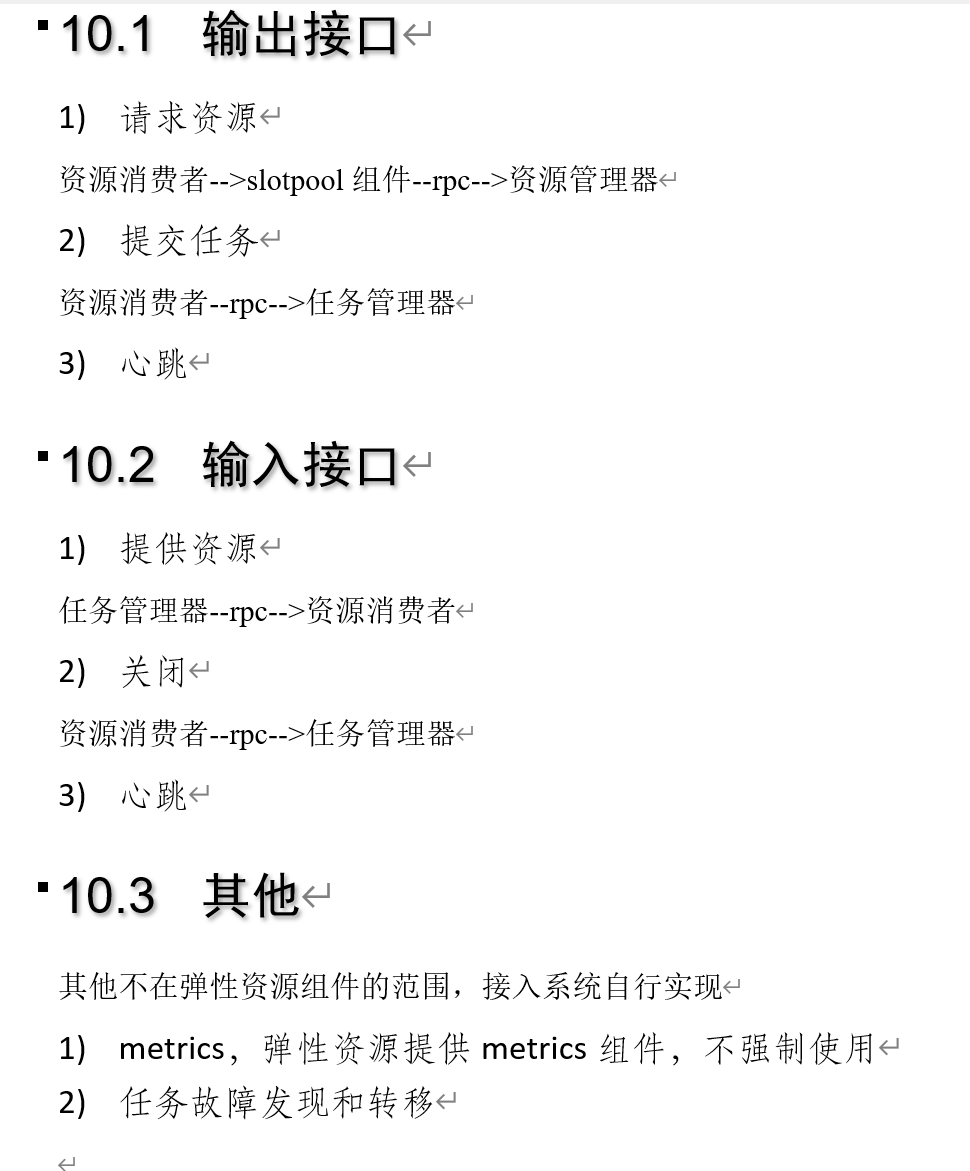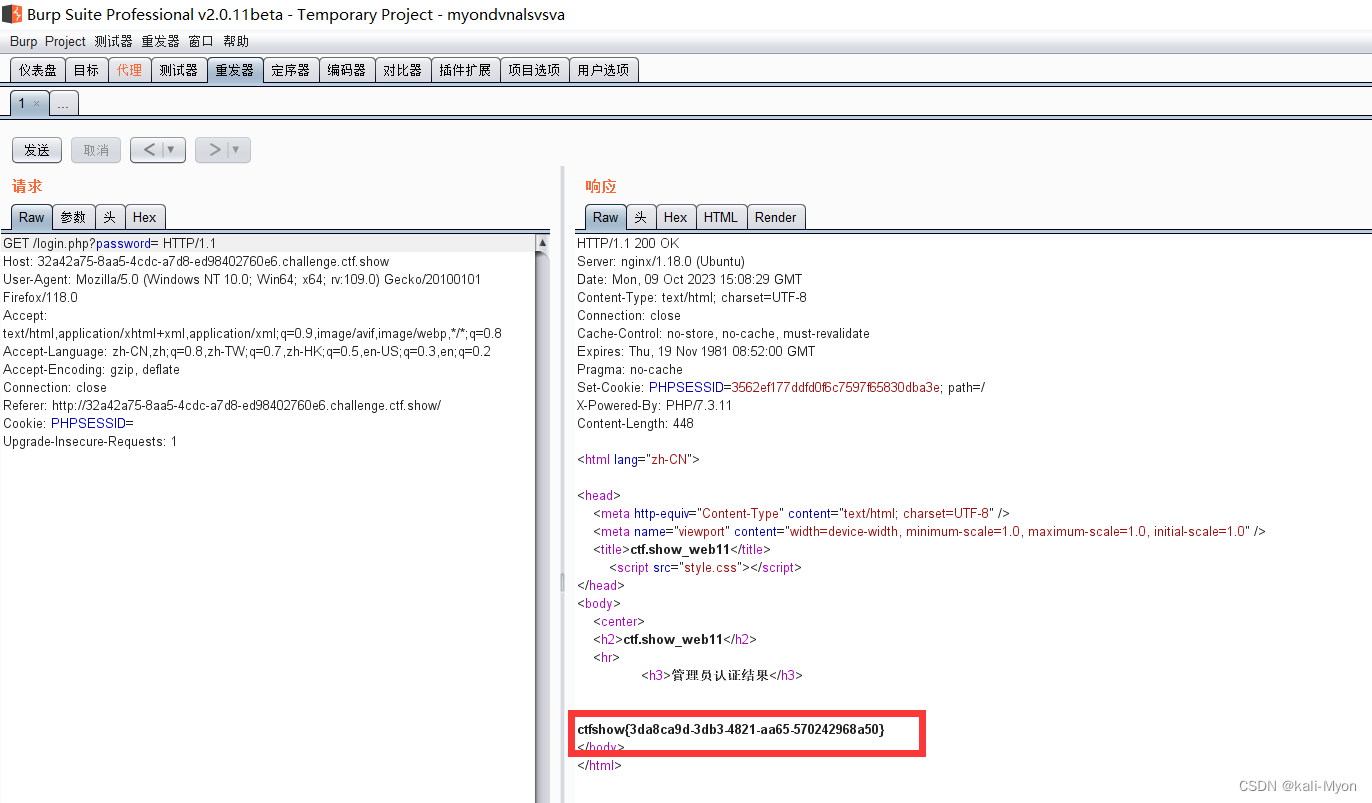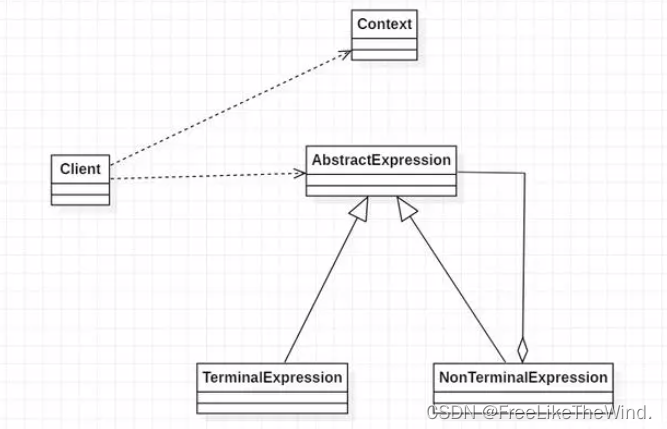-
冒泡排序O(n^2)
public class Main { public static void main(String[] args) { Random random = new Random(); int[] nums = new int[]{random.nextInt(100), random.nextInt(100), random.nextInt(100), random.nextInt(100), random.nextInt(100), random.nextInt(100)}; for (int i = nums.length - 1; i >= 0; i--) { for (int j = 0; j < i; j++) { if (nums[j] > nums[j + 1]) { int temp = nums[j]; nums[j] = nums[j + 1]; nums[j + 1] = temp; } } } for (int num : nums) { System.out.print(num + " "); } } }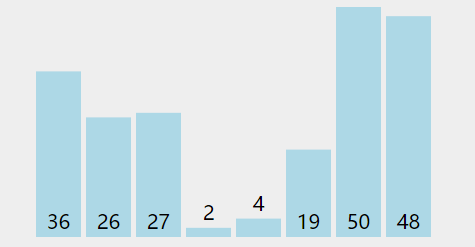
-
选择排序O(n^2),
public class Main { public static void main(String[] args) { Random random = new Random(); int[] nums = new int[]{random.nextInt(100), random.nextInt(100), random.nextInt(100), random.nextInt(100), random.nextInt(100), random.nextInt(100)}; int index; for (int i = 0; i < nums.length; i++) { index = i;//每一轮记录最小值的索引 for (int j = i + 1; j < nums.length; j++) { if (nums[j] < nums[index]) { index = j; } } if (index != i) { int temp = nums[i]; nums[i] = nums[index]; nums[index] = temp; } } for (int num : nums) { System.out.print(num + " "); } } }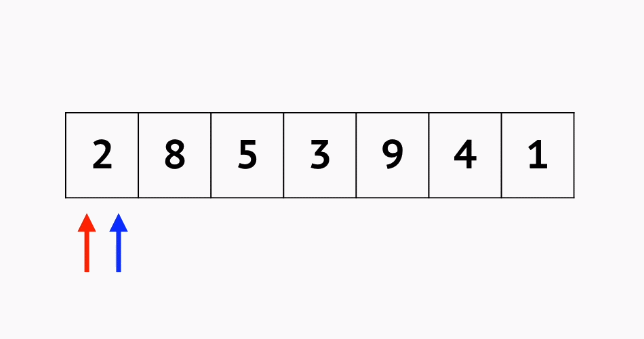
-
插入排序O(n^2)
public class Main { public static void main(String[] args) { Random random = new Random(); int[] nums = new int[]{random.nextInt(100), random.nextInt(100), random.nextInt(100), random.nextInt(100), random.nextInt(100), random.nextInt(100)}; int index; for (int i = 1; i < nums.length; i++) { int rec = nums[i]; index = i; for (int j = i - 1; j >= 0; j--) { if (nums[j] > rec) { nums[index] = nums[j]; index = j; } else { break; } } nums[index] = rec; } for (int num : nums) { System.out.print(num + " "); } } }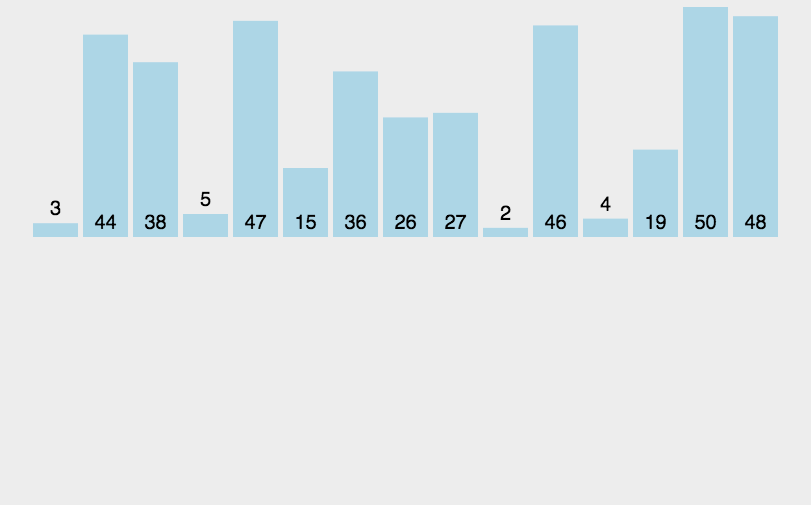
常见排序算法Java版(待续)
news2026/2/13 11:56:57
本文来自互联网用户投稿,该文观点仅代表作者本人,不代表本站立场。本站仅提供信息存储空间服务,不拥有所有权,不承担相关法律责任。如若转载,请注明出处:http://www.coloradmin.cn/o/1074577.html
如若内容造成侵权/违法违规/事实不符,请联系多彩编程网进行投诉反馈,一经查实,立即删除!相关文章
抽象轻松的java-mybatis简单入门
第一步:用IDEA新建一个java包
第二步:在IDEA中添加数据库(ps:自己百度) 点击数据库 第二步,新建数据库 选择你使用的数据库 用户与密码根据自己的设置进行配置 为了更方便的查看数据库,可以像图…
一篇短小精悍的文章让你彻底明白KMP算法中next数组的原理
以后保持每日一更,由于兴趣较多,更新内容不限于数据结构,计算机组成原理,数论,拓扑学......,所谓:深度围绕职业发展,广度围绕兴趣爱好。往下看今日内容 一.什么是KMP算法 KMP&#x…
C#对字典容器Dictionary<TKey, TValue>内容进行XML序列化或反序列化报错解决方法
一、问题描述 在使用C#对字典容器Dictionary<TKey, TValue>内容进行XML序列化报错【System.Exception:“不支持类型 System.Collections.Generic.Dictionary2[[System.String, mscorlib, Version2.0.0.0, Cultureneutral, PublicKeyTokenb77a5c561934e089],[System.Strin…
力扣刷题 day39:10-09
1.统计有序矩阵中的负数
给你一个 m * n 的矩阵 grid,矩阵中的元素无论是按行还是按列,都以非递增顺序排列。 请你统计并返回 grid 中 负数 的数目。
方法一:二分法
#方法一:二分法
def countNegatives(grid):res0for nums in…
Altium Designer实用系列(二)----PCB绘图小技巧
一、技巧总结
1.1 丝印大小 在导入PCB之后,元器件的丝印一般都是strock font,个人感觉比较大,也不美观,但是一个个修改成true type又比较麻烦。简便方法是使用相似查找全部修改: 此时会选中所有stroke 类型的丝印ÿ…
提高工作效率!本地部署Stackedit Markdown编辑器,并实现远程访问
文章目录 1. docker部署Stackedit2. 本地访问3. Linux 安装cpolar4. 配置Stackedit公网访问地址5. 公网远程访问Stackedit6. 固定Stackedit公网地址 StackEdit是一个受欢迎的Markdown编辑器,在GitHub上拥有20.7k Star!,它支持将Markdown笔记保…
论文解析——异构多芯粒神经网络加速器
作者
朱郭益, 马胜,张春元, 王波(国防科技大学计算机学院)
摘要 随着神经网络技术的快速发展, 出于安全性等方面考虑, 大量边缘计算设备被应用于智能计算领域。首先,设计了可应用于边缘计算的异构多芯粒神经网络加速器其基本结构…
C++ - 可变模版参数 - emplace相关接口函数 - 移动构造函数 和 移动赋值运算符重载 的 默认成员函数
可变模版参数
我们先来了解一下,可变参数。可变参数就是在定义函数的时候,某一个参数位置使用 "..." 的方式来写的,在库当中有一个经典的函数系列就是用的 可变参数:printf()系列就是用的可变参…
基于SSM的个人博客系统
实现内容
本系统为用户提供实现了以下功能:
1.登录功能:
系统为单用户系统,为用户分配了用户名和密码。用户必须先登录,进入操作界面。用户输入ID和密码,通过服务器验证方可运行,否则显示消息提示。
2.…
Netron【.pt转.onnx模型展示】
接着上一篇写哈,如何转.onnx的。
因为是转.onnx类型的,需要先安装onnx的包。
这是直接pip install onnx后转onnx报的错: 很显然是版本问题导致的,so: 将export.py的脚本拉到最下面的parse_opt函数,把“17”改为“12”…
解读非托管流动性协议Hover: 差异化、层次化的全新借贷体系
“Hover 是 DeFi 借贷赛道的另辟蹊径者,除了在自身机制(借贷模型、治理体系)上进行创新获得内生动力外,背靠日渐繁荣的 Kava、Cosmos 生态进一步获得外生动力,发展潜力俱佳” 与 DEX 类似,借贷也是 DeFi 世…
对于L1正则化和L2正则化的理解
在DL中,L1和L2正则化经常被使用到,因为大于1L的正则化都是凸优化的问题,是个简单问题,可以被解决。
首先说正则的意义:
一切可以缓解过拟合的方法,都可以被叫做正则化
我最开始理解正则化的时候就是看lh…
数学分析:含参变量的积分
同样很多收敛性的证明不是重点,但里面的知识还是需要适当掌握,知道中间的大致思考和解决路径即可。 本质还是极限的可交换性,求导可以换到积分里面去操作。 这里要注意变量的区别,首先积分的被积变量是x,但是函数的变量…
小红书婴童产业探索,解析消费者需求!
在消费升级、市场引导的背景下,众多产业都在悄然发生着变化,其中“婴童产业”就是非常有代表性的一个。今天就来深入分析小红书婴童产业探索,解析消费者需求! 一、何为婴童产业 事实上,婴童产业,并不仅仅局…
java中线程池的使用+优雅的spring释放资源
1.定义一个接口
package com.zsp.quartz.service;public interface ScheduledService {void setInfo();
}2.定义实现类
package com.zsp.quartz.service.impl;import com.alibaba.fastjson.JSON;
import com.zsp.quartz.entity.User;
import com.zsp.quartz.service.Schedul…
弹性资源组件elastic-resource设计(四)-任务管理器和资源消费者规范
简介 弹性资源组件提供动态资源能力,是分布式系统关键基础设施,分布式datax,分布式索引,事件引擎都需要集群和资源的弹性资源能力,提高伸缩性和作业处理能力。 本文介绍弹性资源组件的设计,包括架构设计和详…
ctfshow-web11(session绕过)
php代码审计:
function replaceSpecialChar($strParam){$regex "/(select|from|where|join|sleep|and|\s|union|,)/i";return preg_replace($regex,"",$strParam);}
首先定义了一个函数,主要是使用preg_replace函数对我们提交的内…
【C++设计模式之解释器模式:行为型】分析及示例
简介
解释器模式(Interpreter Pattern)是一种行为型设计模式,它提供了一种解决问题的方法,通过定义语言的文法规则,解释并执行特定的语言表达式。 解释器模式通过使用表达式和解释器,将文法规则中的句子逐…
用 HTTP 提交数据,基本就这 5 种方式
网页开发中,向服务端提交数据是一个基本功能,工作中会大量用 xhr/fetch 的 api 或者 axios 这种封装了一层的库来做。
可能大家都写过很多 http/https 相关的代码,但是又没有梳理下它们有哪几种呢?
其实通过 http/https 向服务端…
